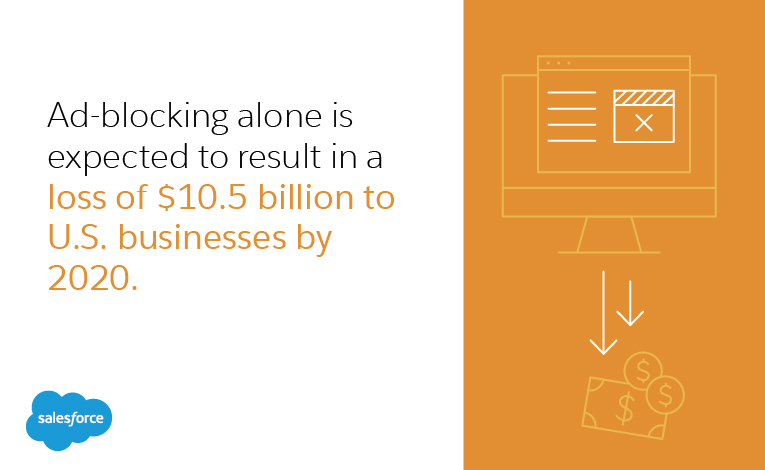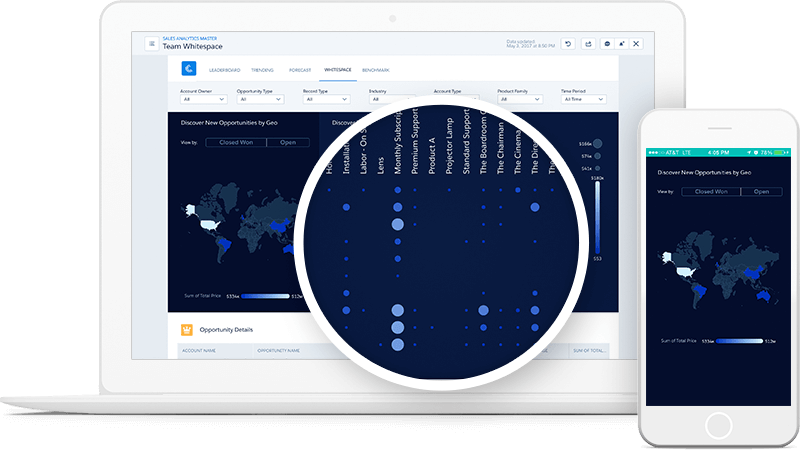artificial intelligence
Artificially Intelligent Design: AI Enhancement for Improved Marketing

Your customers aren’t interested in how wide of an audience you are targeting, or in the ratio of visitors to conversions on your company site. Some clients might even take personal offence to the idea behind ‘life time lead value,’ which reduces everything about a customer down to potential dollar amounts. People don’t want to be seen as statistics or wallets; they want to be seen as people, and that means that the days of the traditional marketing campaign may be on their way out.
Modern customers are proactive, informed, and hyper aware of the various marketing strategies that businesses use to draw in potential leads. At the same time, new technologies are making it possible for potential clients to effectively shield themselves from most outbound marketing efforts. Online ad-blocking software, DVRs, and non radio-based music services have had a significant impact on once-reliable marketing channels, making it difficult for advertisers to get their messages across to the people who keep them in business.
According to the research and consulting firm Ovum, ad-blocking alone is expected to result in a loss of $10.5 billion to U.S. businesses by 2020. Add that to the steady decline in newspaper and magazine subscriptions, and you have a landscape where established marketing practices may not be enough. In their place, personalized, outbound approaches to advertising and marketing need to become a primary focus. Of course, given the issues of time, effort, cost, and accuracy, marketing to the individual may seem easier said than done.
What is Artificial Intelligence?
Artificial intelligence, also known as AI, is the digital simulation of the human thought process. AI programs are capable of performing limited intelligence-related tasks, such as reasoning, planning, learning, forecasting, and understanding language. When coupled with data capture, storage, and the analysis capabilities of an effective CRM solution, artificial intelligence can produce amazing results. Artificial intelligence software doesn’t learn in the same way human brains do, instead, it depends on something called ‘machine learning.’
Machine learning is comprised of various different algorithms, but all approaches generally come down to how a computer can be programed to recognize patterns and extrapolate conclusions — and the more information available, the more accurate the computer becomes. Essentially, the more data that is available, the faster an AI can learn. CRM gives AI software a nearly limitless pool of information to draw upon, and helps it learn how to assist businesses with fulfilling client needs.
Businesses Depend on AI.
Businesses around the world are taking advantage of the capabilities of AI and machine learning. What is interesting is how few of these businesses are putting it to work solving customer-facing problems. In a recent article published on the Harvard Business Review news site, it was suggested that 44% of businesses that use some form of AI depend on it for detecting and deterring security intrusions, while only 19% are using it for predictive customer analysis, and only 15% are using it to create personalized marketing offerings.
AI Enlightens Marketing.
79% of top-performing businesses have been using marketing automation for at least two years. This is because the advantages of AI-enhanced marketing are difficult to ignore. AI, when used correctly and integrated with a reliable CRM solution can help address the major challenges faced by marketers. Here are 5 marketing advantages made possible with artificial intelligence marketing:
Centralized data
Marketing relies heavily on accurate, useable data. However, the information that is most relevant to marketing is often spread across multiple data silos. AI-enhanced marketing automation can help gather, organize, analyze, and segment valuable marketing data automatically, learning and improving as it goes. The data can then be stored in a single, centralized location, for easy use in marketing campaigns.Customer predictions
Even among those that are qualified, not all leads are going to respond positively to the same marketing pushes. AI can be taught to recognize which customers are likely to engage, and which are not, and how best to approach every client in order to facilitate an effective one-on-one customer journey.Client segmentation
In order to take the most relevant marketing steps with individual clients, you need to be able to define them as groups. AI can review past actions, consider preferences, and recognize similar behaviors across large customer populations. With this information, marketers can then create campaigns designed to reach a large number of clients, and to do so in a way that is customized and personal on an individual level.Marketer productivity
One of the most advantageous aspects of AI and marketing automation is that it frees marketers from many of the tedious tasks associated with their position. By allowing artificial intelligence programs to handle various repetitive or time-consuming marketer responsibilities, marketers can focus their talents on bigger concerns. This leads to improved marketer productivity, and more effective marketing in general.Timely messaging
For many customers, the window of interest is one that doesn’t remain open for long. Marketing AI keeps track of client preferences, analyzing actions and determining when would be the best time to contact clients with greetings, offers, or content. By delivering marketing messaging when clients are most receptive, marketing AI helps optimize campaign ROI.
Salesforce Einstein is the AI to Revolutionize Intelligent Marketing.
When it comes to advanced artificial intelligence for marketing, Salesforce Einstein AI is the world’s most comprehensive AI for CRM. Capable of handling massive amounts of client and industry data, and still simple enough to use out of the box without an in-depth understanding of computer science, Einstein is built directly into the world-renowned Salesforce CRM platform.
Marketers can take advantage of Einstein’s unique learning and automation capabilities to improve productivity, identify, and segment target audiences, gather and analyze data, create highly-accurate customer predictions, and deliver relevant client-facing messaging and content when it’s most effective. Best of all, Einstein AI is integrated into every core Salesforce product and service, so no matter what aspect of your customer strategy you wish to optimize, marketing or otherwise, Einstein will be there to see it through.
Your customers aren’t numbers, but the numbers are still important. AI marketing solutions automatically put those numbers to work for you and your clients. Learn more about Salesforce Einstein, and see just how intelligent your marketing efforts can be.






